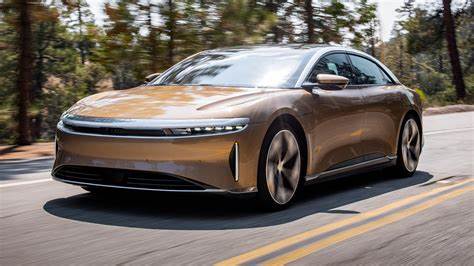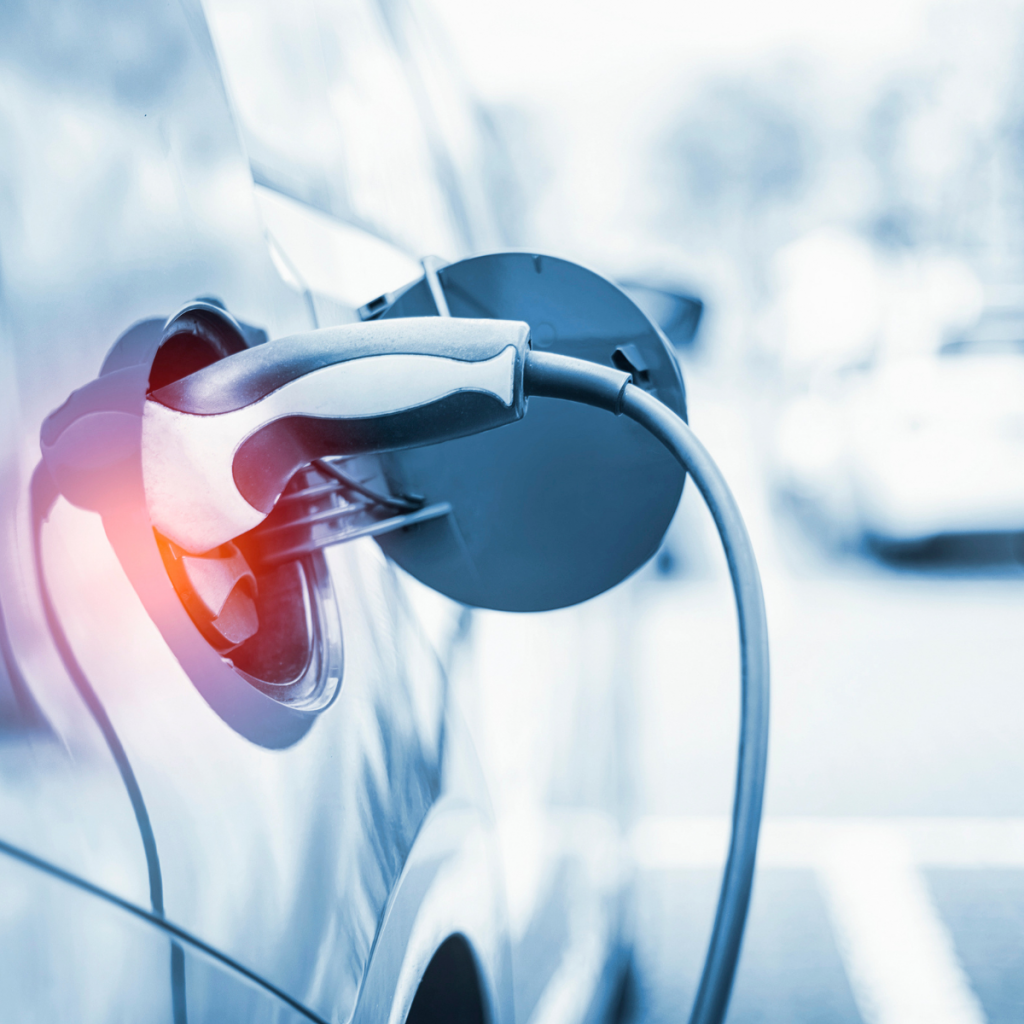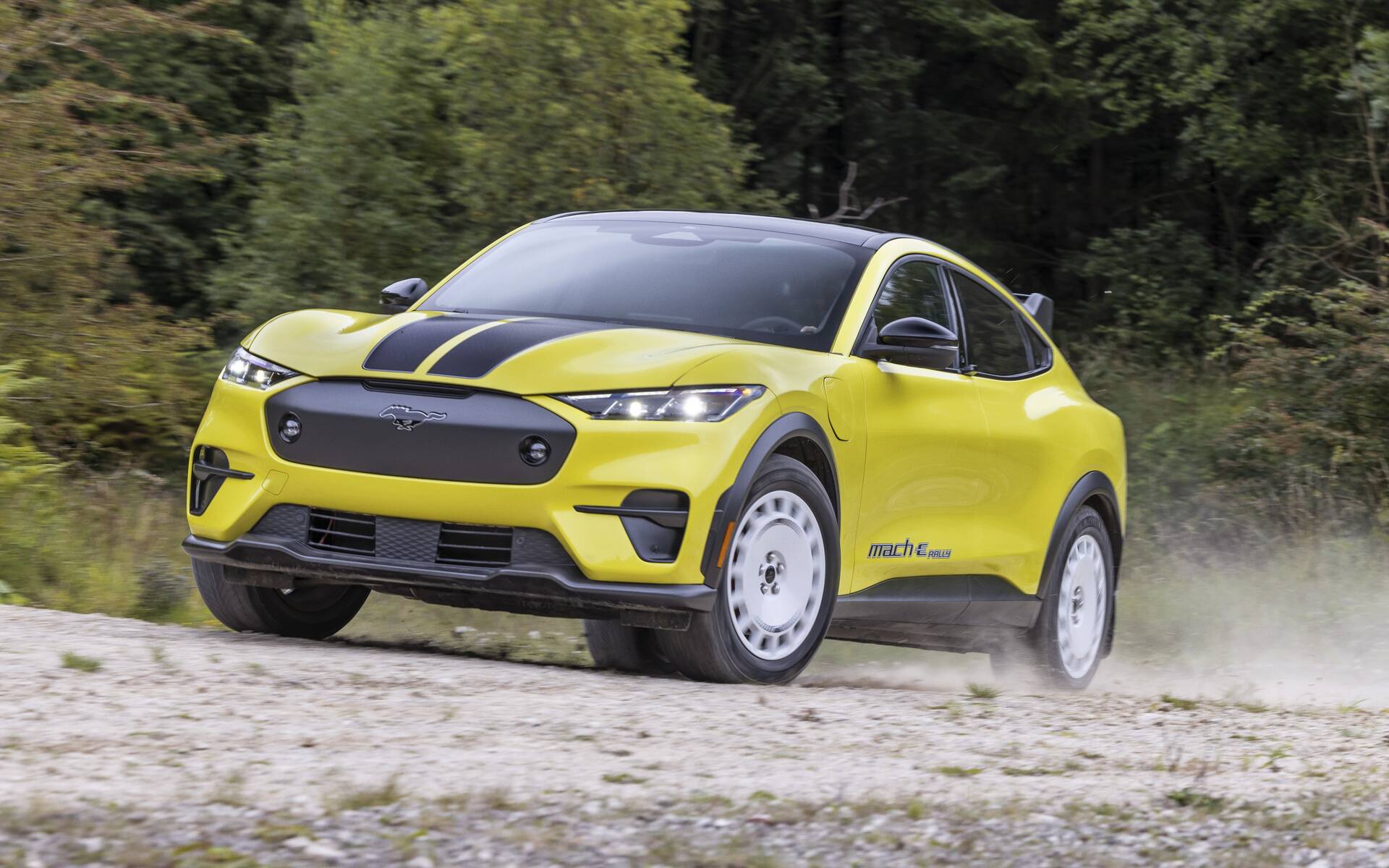In recent years, the automotive industry has been undergoing a major transformation, with electric cars (EVs) emerging as a strong alternative to traditional gasoline-powered vehicles. As environmental concerns, rising fuel costs, and advancements in technology continue to reshape the market, many drivers are left wondering whether electric cars are the better investment compared to conventional vehicles. This blog will explore the key differences between electric cars and traditional cars, analyzing factors like purchase price, maintenance costs, fuel efficiency, and long-term savings. With numerous benefits and drawbacks to consider, understanding the pros and cons of both options is crucial when deciding which type of car offers the best value over time.
The Purchase Price: EVs vs. Gasoline Cars
One of the first considerations for any car buyer is the upfront cost. Traditionally, electric cars have been more expensive than their gasoline counterparts, mainly due to the high cost of their batteries. While prices have been dropping in recent years, with more affordable models hitting the market, EVs still tend to have a higher initial price tag.
For example, popular electric vehicles like the Tesla Model 3 or the Chevrolet Bolt typically cost more than their gasoline equivalents, such as the Honda Civic or Toyota Corolla. However, it’s important to note that the price gap between EVs and traditional cars is narrowing. Additionally, the growing competition in the EV market is leading to more budget-friendly electric models from automakers like Nissan, Hyundai, and Ford.
On the other hand, gasoline-powered cars come with a lower purchase price, making them more accessible to a wider range of consumers. For those who are on a tighter budget, the affordability of traditional vehicles can be an attractive option.
Cost of Ownership and Maintenance
When it comes to the cost of ownership, electric cars offer several advantages. EVs have fewer moving parts than traditional vehicles, which translates to lower maintenance costs. There is no need for regular oil changes, and the brake systems tend to last longer due to regenerative braking. Many electric car owners report paying less for maintenance, as there are fewer parts that are prone to wear and tear, such as spark plugs, timing belts, and exhaust systems.

Conversely, traditional cars, especially those with internal combustion engines (ICE), require more frequent maintenance. This includes oil changes, transmission fluid checks, and the replacement of various components like filters, belts, and exhaust parts. Over time, these maintenance costs can add up, especially for older vehicles that require more frequent repairs.
Additionally, while electric cars may require occasional servicing for the battery or electric motor, overall maintenance costs tend to be lower than those of gasoline vehicles. This long-term cost benefit can make EVs a more economical choice over the life of the vehicle.
Fuel Efficiency and Charging Costs
When comparing electric cars to traditional cars, fuel efficiency is another crucial factor. Electric vehicles are inherently more efficient because they convert energy from the battery directly into motion, whereas gasoline engines lose a significant portion of energy as heat. This means that electric cars can travel further on less energy compared to their gasoline counterparts.
For instance, the average electric car can achieve around 4 miles per kilowatt-hour (kWh), whereas traditional vehicles may only get 20 to 30 miles per gallon of fuel. This difference in fuel efficiency results in lower operating costs for EVs. Charging an electric car is significantly cheaper than filling up a tank of gas, and many drivers can take advantage of home charging stations, reducing the need for trips to the gas station altogether.
The cost to charge an electric car is typically much lower than the cost to refuel a traditional car. According to the U.S. Department of Energy, it can cost as little as $1 per gallon equivalent for an electric vehicle, depending on local electricity rates. Gasoline, on the other hand, fluctuates in price, often leading to higher costs for drivers who rely on gas-powered vehicles.
Environmental Impact: A Green Investment
One of the most significant factors driving the shift from traditional vehicles to electric cars is their reduced environmental impact. Electric vehicles produce zero tailpipe emissions, which means they contribute to cleaner air and help reduce greenhouse gases that are a primary cause of climate change. This makes EVs an attractive choice for those who are concerned about the environment and want to reduce their carbon footprint.
In contrast, traditional gasoline-powered vehicles are major contributors to air pollution and global warming. They release harmful pollutants such as carbon dioxide (CO2), nitrogen oxides (NOx), and particulate matter, all of which contribute to poor air quality and climate change. While advancements in fuel efficiency and cleaner technology in traditional cars are helping reduce these emissions, electric cars remain the cleaner option overall.
Moreover, the environmental impact of electric cars extends beyond just tailpipe emissions. As the power grid continues to shift toward renewable energy sources, the carbon footprint of charging electric cars will decrease further, making them even more environmentally friendly in the long term.
Government Incentives and Tax Benefits
Governments worldwide are incentivizing the adoption of electric vehicles through various subsidies, tax credits, and rebates. In countries like the United States, electric car buyers can receive significant tax credits, which can reduce the upfront cost of purchasing an EV. For example, the federal tax credit for certain EVs can be up to $7,500, depending on the model and battery size. Many states also offer their own incentives, such as rebates, sales tax exemptions, and even free access to toll lanes or parking.

On the other hand, traditional cars, particularly gasoline-powered vehicles, do not offer such financial incentives. While there are some tax credits for energy-efficient vehicles that use alternative fuels, the overall level of government support for gasoline-powered cars is limited compared to the support for EVs. These incentives can make electric vehicles a more appealing choice for buyers looking to maximize the value of their investment.
Resale Value and Long-Term Investment
When it comes to resale value, traditional cars have historically had an edge over electric cars. This is because the technology in electric vehicles has evolved quickly, which can cause older models to depreciate faster than gasoline vehicles. However, this trend is changing as EV technology stabilizes and becomes more mainstream.
As electric vehicles gain popularity, their resale value is expected to improve, especially for models from well-established manufacturers like Tesla, which have a strong following. The availability of used EVs is also increasing, which is helping to create a more robust resale market.
In contrast, traditional cars generally have a more predictable depreciation curve. While their value decreases over time, they tend to hold their worth better than early electric vehicle models. However, with the increasing push toward electric mobility and stricter environmental regulations, traditional cars may experience a steeper decline in value in the coming years.
Charging Infrastructure: Accessibility and Convenience
One of the main considerations when deciding between an electric vehicle and a traditional gasoline-powered car is charging infrastructure. While the availability of charging stations has been steadily increasing, it is still not as widespread as gas stations, especially in rural areas or certain regions.

For many electric car owners, home charging is a viable option, but those who live in apartments or homes without garages may face challenges when it comes to accessing charging facilities. On the other hand, gasoline stations are readily available almost everywhere, making refueling a much more convenient option for traditional car owners.
However, the charging infrastructure for electric vehicles is rapidly expanding, with more public charging stations being installed in cities, highways, and popular destinations. As the EV market continues to grow, the convenience of charging will continue to improve, making electric cars more practical for a larger number of drivers.
Conclusion: Which Is the Better Investment?
When comparing electric cars to traditional vehicles, both options offer distinct advantages and drawbacks. Electric cars provide long-term savings in terms of lower maintenance and fuel costs, and they offer significant environmental benefits. Additionally, government incentives make EVs more accessible for many buyers. However, the higher upfront cost and the current limitations of charging infrastructure can be barriers for some consumers.
Traditional cars, on the other hand, offer lower purchase prices, widespread fueling infrastructure, and more predictable depreciation. However, they come with higher maintenance costs, fuel expenses, and a larger environmental footprint.
Ultimately, the better investment depends on your personal preferences, driving habits, and long-term goals. For eco-conscious drivers and those looking to save on maintenance and fuel costs, electric cars are an attractive choice. However, for those who prioritize affordability and convenience, traditional vehicles may still be the better option. As the automotive industry continues to evolve, the choice between electric cars and traditional vehicles will become increasingly complex, but with the right information, drivers can make an informed decision that aligns with their needs and values.

Leave a Reply